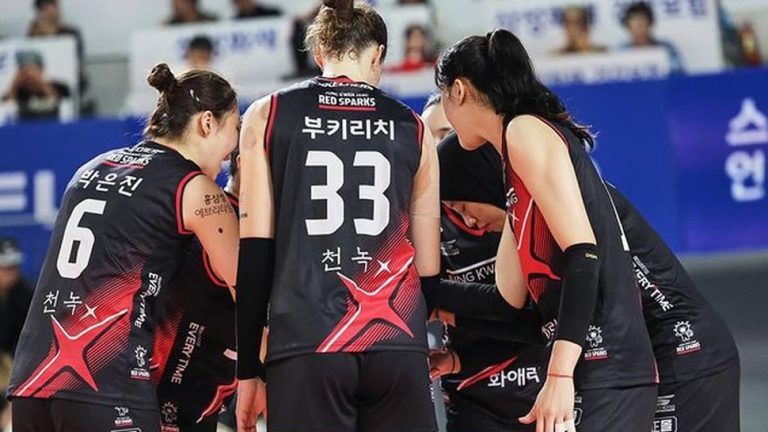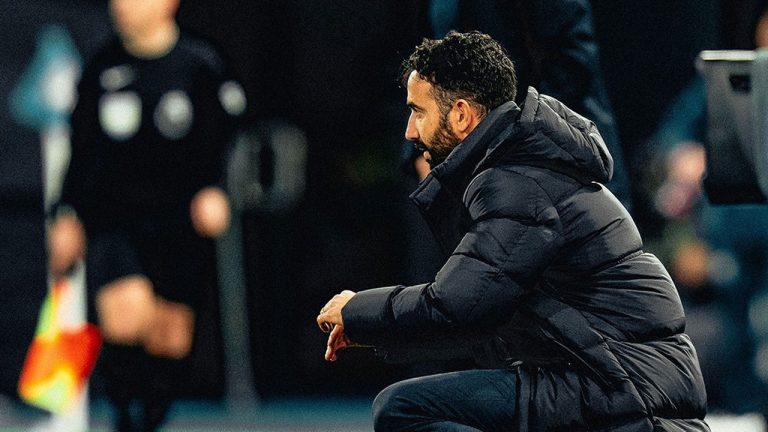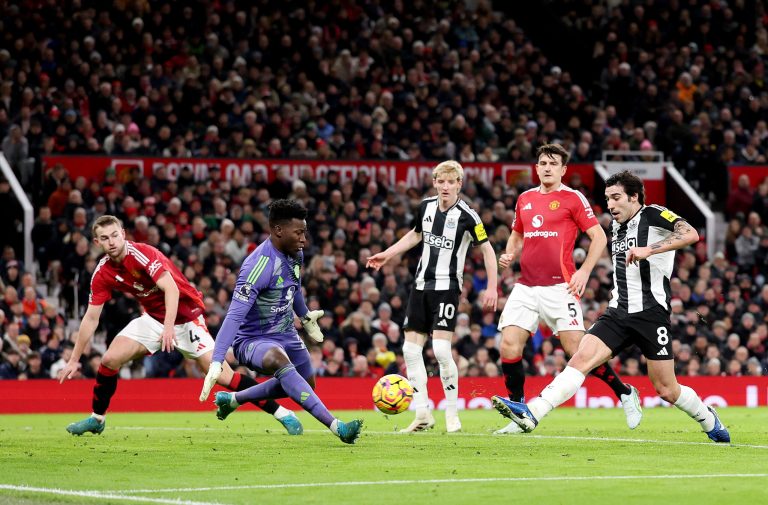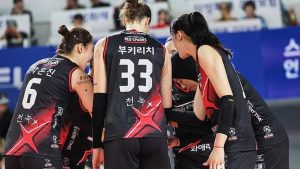Russia is reportedly can’t use its name, flag and national anthem during the next two editions of the Olympic Games.
The decision of the Court of Arbitration for Sport (CAS), issued following the scandal of institutionalised doping and concealment of positive results for banned substances in Russia, will also prevent the country from submitting its candidacy for the presentation of major sporting events during two years.
Russian athletes and teams will still be allowed to compete at the Olympic Games in Tokyo next summer, as well as those in Beijing in the winter of 2022. They will also be allowed to take part in the World Championships, as well as the Cup of the soccer world in Qatar in 2022.
In addition, it will no longer be solely for Russian athletes to show their white paw on doping, but rather for the World Anti-Doping Agency (WADA) to do so, when they try to qualify for the Olympics or any other sports competition of scope.
Russia can also take comfort; the name ‘Russia’ may be inscribed on the uniforms of athletes competing in major sporting competitions, provided the words “Neutral Athlete” and “Neutral Team” are as prominent as it is, CAS noted.
Russian athletes and teams will also be able to wear the blue-white-red colours associated with the country’s flag, which was not allowed during the last two World Championships in Athletics.
Although Russia will not be able to host a World Championships in the next two years, events could be held there. International sports federations have learned that they will have to find new host countries, unless it is legally or logistically impossible to do so.
In addition, the CAS decision authorizes the presence of Russian dignitaries, including President Vladimir Putin, to attend major sports competitions, on condition that they are invited by the Head of State of the host country.
Despite these concessions, the three-judge committee has thus imposed the most severe sanctions on Russia since the scandal of institutionalised doping and the cover-up of positive tests for banned substances came to light after the Olympic Games in Sochi in 2014.
















